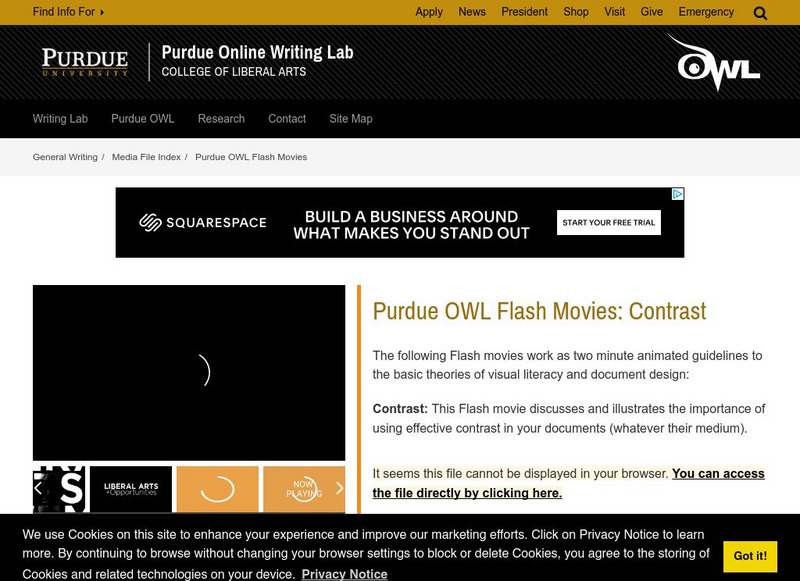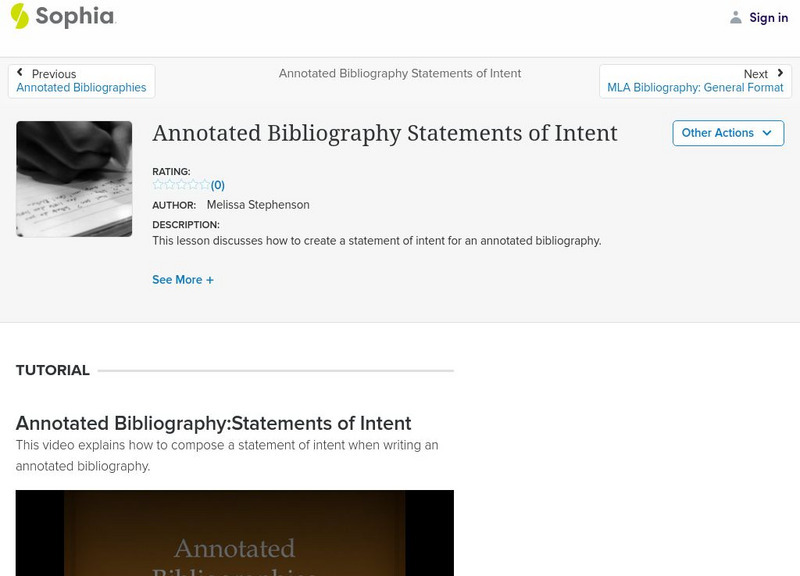Hi, what do you want to do?
TED-Ed
Plato’s Allegory of the Cave
What is reality, knowledge, and the meaning of life? Discover Plato's response to these bold questions in his "Allegory of the Cave" and explore this famous historical thinker's vision of an ideal society as he saw it within the...
TED-Ed
What Did Democracy Really Mean in Athens?
Did you know elections only played a small role in Athenian democracy? Take a look at the fascinating origins of Athenian direct democracy in ancient Greece, and compare their political structures to our understanding of...
TED-Ed
The Real Story Behind Archimedes' Eureka!
Can a boat the size of a palace possibly float? Discover how a king and a famous Ancient Greek mathematician named Archimedes answered this question, and explore the history behind Archimedes' principle and how a law of physics...
TED-Ed
What Is Fat?
An animated fat molecule explains how some fats are beneficial and some are harmful. He describes triglyceride molecules and how the chemical bonding or overall shape determines the health value of each individual type of fat. This...
TED-Ed
Why Do We Have Museums?
How did the tradition of collecting and displaying interesting items to the public begin? How have museums evolved over time? Offer your young historians a fascinating look into a cultural pastime we so often take for granted...
TED-Ed
Einstein's Miracle Year
Why was Albert Einstein initially labeled as a "failed" academic, and what events occurred in 1905 that constituted a major turning point for this great scientist? Review Einstein's major theories regarding relativity, light...
TED-Ed
The Language of Lying
Did you know that we hear anywhere from 10 to 200 lies a day? This is an intriguing video that discusses the decisions made by the conscious mind, indicators of deception, and examples of famous individuals who were caught in a lie.
TED-Ed
Why We Love Repetition in Music
Why does music rely so heavily on repetition? This is an interesting video from which to explore not only the psychological answers to this question, but also the ways in which humans perceive and rate different types of music.
TED-Ed
Bringing a Pop-up Book to Life
Breath life into the pages of a text with this instructional video on creating pop-up books. From choosing a topic, through the planning and creation phases, this video examines how to develop engaging visual...
TED-Ed
The Hidden Power of Smiling
Smiling is something we may do every day and can appear benign, yet this common expression has more health benefits and psychological/physical implications than we realize! Using historical quotes, scientific studies, and a vast range of...
TED-Ed
Indus Valley Civilization
What constitutes a civilization? In a swift, engaging, and humorous fashion, John Green begins this edition of Crash Course History by exploring the symptoms of a civilization, such as surplus production, cities, social stratification,...
TED-Ed
The Loathsome, Lethal Mosquito
Mosquitos: they are annoying, cause pain and discomfort, and are some of the most prolific disease carriers in the animal kingdom, so why don't we simply eradicate them? In a short video, explore some of the different ways mosquitos can...
TED-Ed
How to Find the True Face of Leonardo
Illustrator Siegfried Woldhek describes how he analyzed over 700 of Leonardo's works in order to determine an image of the face of the famed Renaissance man. Try flipping the lesson and adding your own assessment and discussion...
Online Writing Lab at Purdue University
Purdue University Owl: Visual Rhetoric: Contrast
Click through this video tutorial to learn how to make multimedia presentations more effective by using visual contrast in color, shapes, sizes, and backgrounds.
Imagine Learning Classroom
Learn Zillion: Understanding Figurative Language: "Thorn in My Side"
In this lesson, you will learn the meaning of the idiom "thorn in my side" by using context clues. [4:10]
Sophia Learning
Sophia: Annotated Bibliography Statements of Intent
This lesson discusses how to create a statement of intent for an annotated bibliography.




















